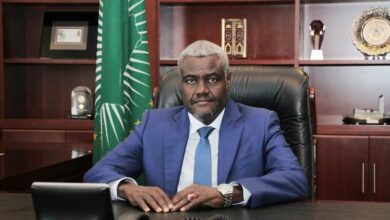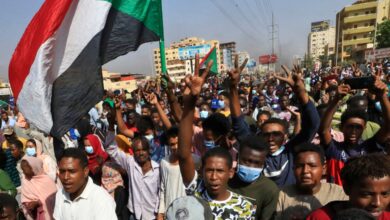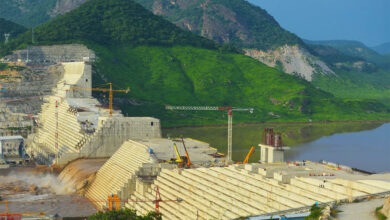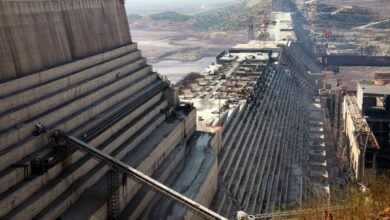Sudan
Sudanese Military Leader Abdel Fattah Al-Burhan Hints At Taking Steps To Ease Tensions
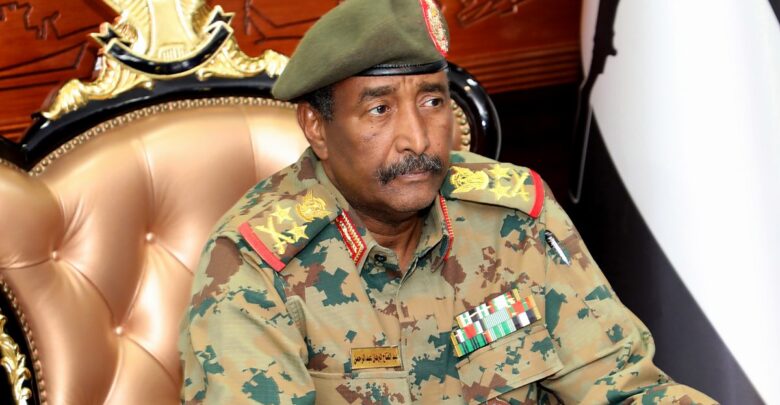
Sudanese military leader General Abdel Fattah al-Burhan on Friday hinted at taking steps to ease tensions in the country six months after a military coup, reported Reuters.
“We are embarking on a difficult period and we must all present concessions for the sake of our country,” al-Burhan said at a Ramadan gathering.
The Sudanese military leader pointed toward the deteriorating economic and security situation in the country.
“We are prepared to put forward what we can to create the atmosphere for a dialogue that leads to solutions,” he added.
Led by al-Burhan, Sudan’s military staged a coup on October 25, ending a two-year power-sharing arrangement with a civilian political coalition following the ouster of Omar al-Bashir.
At least 94 people have been killed in security crackdowns on protests which have continued since the coup and dozens have been arrested so far.
Burhan said that while there were no political detainees, he met with the public prosecutor and the head of the judiciary to discuss expediting the release of detainees, among whom are some big civilian political leaders. He also said they discussed the possibility of reducing the current state of emergency.
The Sudanese leader said these steps came in the context of concessions made by some political groups towards coming to an agreement.
Burhan had previously said that the military would only hand over power to an elected government. On Friday, he reiterated calls for political parties to come to a consensus.
The military leader said that, unlike in the past, no one group should be in control of the political scene. In comments before and after the coup, military leaders accused the civilian coalition of monopolizing power.
Burhan said that court orders that led to the return of scores of civil servants associated with the Bashir regime would be reviewed.


